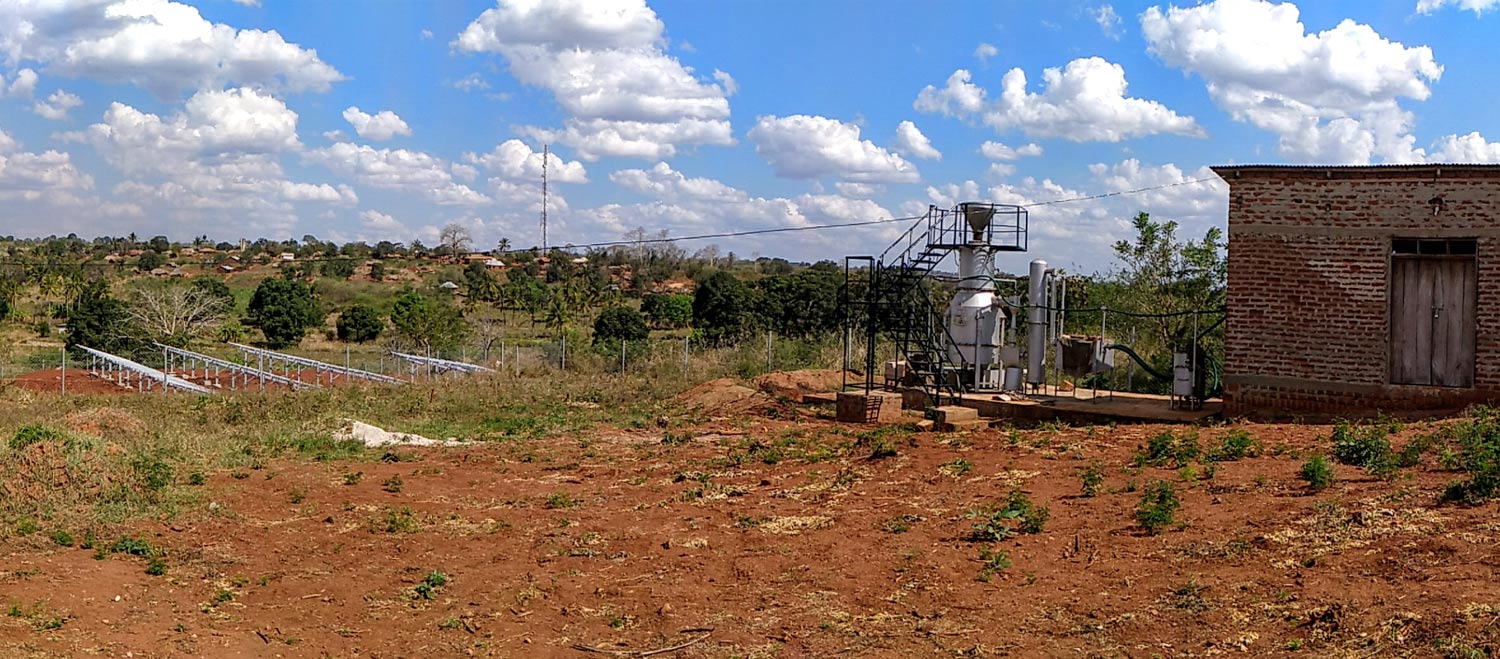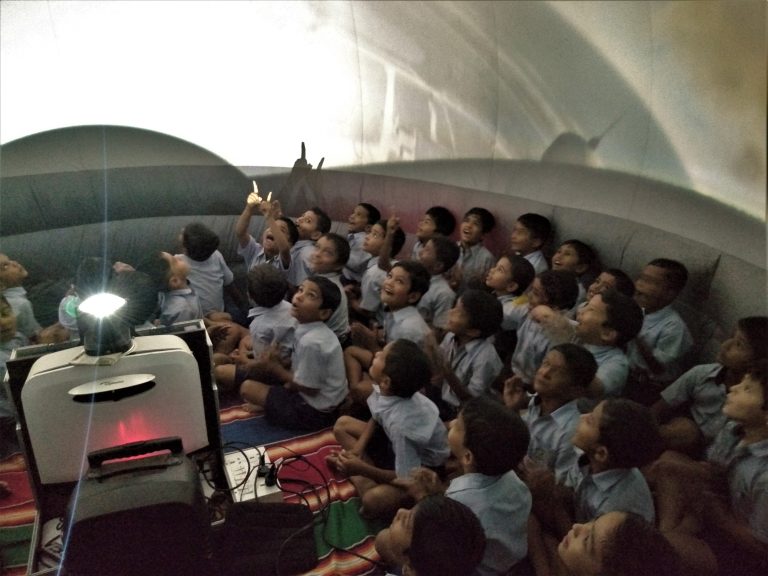Till February 2020, Amol Bagul, was a senior analyst working at multinational accountancy Ernst & Young’s office in Gurugram, a satellite city near India’s capital New Delhi. After spending four years in the city, which is one of the two largest startup ecosystems in the South Asian nation, he has acquired an ample network of connections with founders, venture capitalists, and fund managers by frequenting himself at startup-related events hosted by VC funds across the city.
While Bagul always had an entrepreneurial itch, his 9-5 job provided him the safety net disallowing him to take the plunge. Last year, with the help and encouragement from his friends in the startup space, he took that leap of faith and started his own company in the healthcare sector.
However, unlike many other founders that choose India’s metropolitan cities to start their entrepreneurial journey, Bagul decided to kickstart his startup from his hometown, Jodhpur, a tier-2 city in the West-Indian state of Rajasthan, that is most known for its palaces and desert landscapes.
His company, Sarathi, helps elderly people in Jodhpur and a few surrounding towns, who have chronic health conditions to find on-demand healthcare facilities. It has partnered with hospitals, diagnostic and testing facilities, and medicine shops to facilitate doctor appointments and other similar needs of patients.
“We target the children of elderly people who don’t live with their parents in the city and require a third-party care facility for them. Right now, our services are available over WhatsApp, but we are in the process of launching an app and are designing the user interface keeping people above 45 years of age in mind,” Bagul, co-founder of Sarthi, told KrASIA.
Unique solutions to local problems
The technology startup ecosystem in India, which has matured over the last 15 years to a great extent, is largely centered in the country’s metro cities. However, this is slowly changing as more and more people from tier-2 and tier-3 cities are finding tech-led startups a lucrative option compared to regular jobs.
Since the problems in smaller cities are quite different from those in metros, the solutions that these small-city founders are coming up with, are unique and do not fall in the me-too category such as edtech, fintech, and others.
Founders from these regions have floated solutions that include a portable machine built to save newborn babies from jaundice (Lifetron Innov Equipments), a mobile planetarium for schools kids in rural areas (Tare Zameen Par), and a power company that uses agri-waste husk to generate electricity (Husk Power Sytems) in villages of Bihar, among others.

The alternate and unique solutions catered to solving local problems of semi-urban regions have attracted investors as well. In the last few years, a handful of companies have even gone ahead and raised institutional rounds of funding from leading VC firms including Sequoia Capital, Chiratae Ventures, London-based CDC Group, among others.
Shushil Sharma, who runs Marwari Catalyst, an angel network based in Jodhpur, told KrASIA that investors are always open to investing in unique ideas with a sound business model. Such ideas, he said, have already started to trickle down from India’s smaller towns.
Creating an ecosystem
Marwari Catalyst is one of the few incubation and accelerator firms that specifically looks at nurturing startups from tier-2 and tier-3 cities. It recently announced a new cohort of 25 startups, all of which are from non-metro cities.
“While places like Mumbai, Bangalore, and Delhi have a robust ecosystem for startups, smaller cities lack that startup culture which is quite important for the growth of entrepreneurs,” Sharma, founder of Marwari Catalyst, said. He added that he is happy, at least Jodhpur and a few other cities in Rajasthan, have evolved quickly in this aspect because of the IT Parks created by the local government.
“There is also another aspect to it. A few entrepreneurs who have made it big now want to give back to their home towns which helps, since entrepreneurs in these cities would get a huge boost by such mentorship and funding from them.”
While speaking to KrASIA, Bagul reminisced his recent interaction with Lalit Mangal, the celebrated entrepreneur from Jodhpur, who sold his online real estate portal CommonFloor for USD 200 million and now runs video conferencing startup Airmeet. “Last week he came here for a mentorship program and spoke to a bunch of entrepreneurs for an hour. Conversations from the likes of Lalit Mangal are quite encouraging for us as he has had a huge exit and is now running a global company,” Bagul said.
He, however, pointed out that the ecosystem for startups in smaller cities is quite unorganized and volatile. “People get pumped up and motivated after attending a few events related to entrepreneurship, but then it soon fizzles out. We need more of this so that the morale of entrepreneurs doesn’t go down after a few bumps on the road,” he said.

To tackle this situation, Sharma from Marwari Catalyst and Anup Pai from eSamudaay (Samudaay is Hindi for community), have created a network of mentors who can regularly speak with the local youth from cities that don’t yet have the startup culture that is enjoyed by founders in metro cities.
“Entrepreneurship in tier-2, 3, and 4 cities is going to grow in the next 10 years. In addition to money and a workable business model, entrepreneurs need hands-on mentorship, especially in their earlier stage,” Pai, co-founder of eSamudaay, told KrASIA.
Pai has partnered with relevant mentors to help these young founders connect with the right people, guide them with business planning, and overall understanding to navigate the startup world.
According to Sharma of Marwari Catalyst, an ecosystem comprises of the right kind of mentors, founders with an attitude and grit of solving problems, and a society that encourages entrepreneurship. “Right now, small cities lack these, but we are getting there. Investors come at last, in the list of priority, because without enough numbers of startups they won’t show interest to come on board,” he said.
Small cities, bigger challenges
A number of people KrASIA spoke with, said, tier-2 and tier-3 cities will take some time before a startup culture—the kind seen in Bengaluru, Mumbai, New Delhi, and Gurugram—becomes robust and people become used to the idea of startups being legitimate businesses.
“Right now, it’s very difficult to make people understand what startups are and how they can be a good investment channel for HNIs. We have to sit with investors for days explaining the value tech startups can create for their investment 10 years down the line,” said Bagul.
Saurabh Bhardwaj, founder of TechieNest, a Jaipur-based edtech company, believes local HNIs will start seeing value in startups from smaller cities.
“We [founders] are going through an evolution phase and things will fall in place in time. I am not much worried about that. But what worries me more is the difficulty startups in semi-urban cities face to find the right talent,” Bhardwaj said. According to him, most of the talent prefers to work in startups in metro cities.
However, Sharma has a different take on this.
“We were facing a lot of brain drain that was moving away from smaller cities to work in metros. But, this pandemic has been a blessing for us, as people have returned back to their hometowns and are ready to work here for local startups. At the same time, recent exits in bigger startups have given investors the confidence to back young entrepreneurs, allowing them to pay a good salary to employees,” he said.
Also read: This voice assistant runs errands for semi-rural users in India
Sharma said investors in his network are worried about a different kind of migration. Due to the lack of an ecosystem, a few startups, after finding the product-market fit, choose to move to Bengaluru or Mumbai as the talent pool in these regions is way more than small cities.
“We know that if the ecosystem is not mature they will go to the bigger cities. But we tell our founders that if you have to move, go to a bigger city. Why go to Bangalore or Delhi, when you can go to Singapore or Hong Kong.”
He wants his portfolio companies to dream bigger so that eventually, in their startup journey they can make products for the world and not just for India.
“It’s not about moving from a smaller city to a larger city. Any startup that grows substantially has to move from a small city to a metro city, and finally to a city that gives you global exposure. It’s a continuous process.”
“Tales from India’s Towns” is a series where KrASIA will bring stories of how technology is changing lives in smaller cities in India that is expected to add the next 500 million internet users in the next few years.

